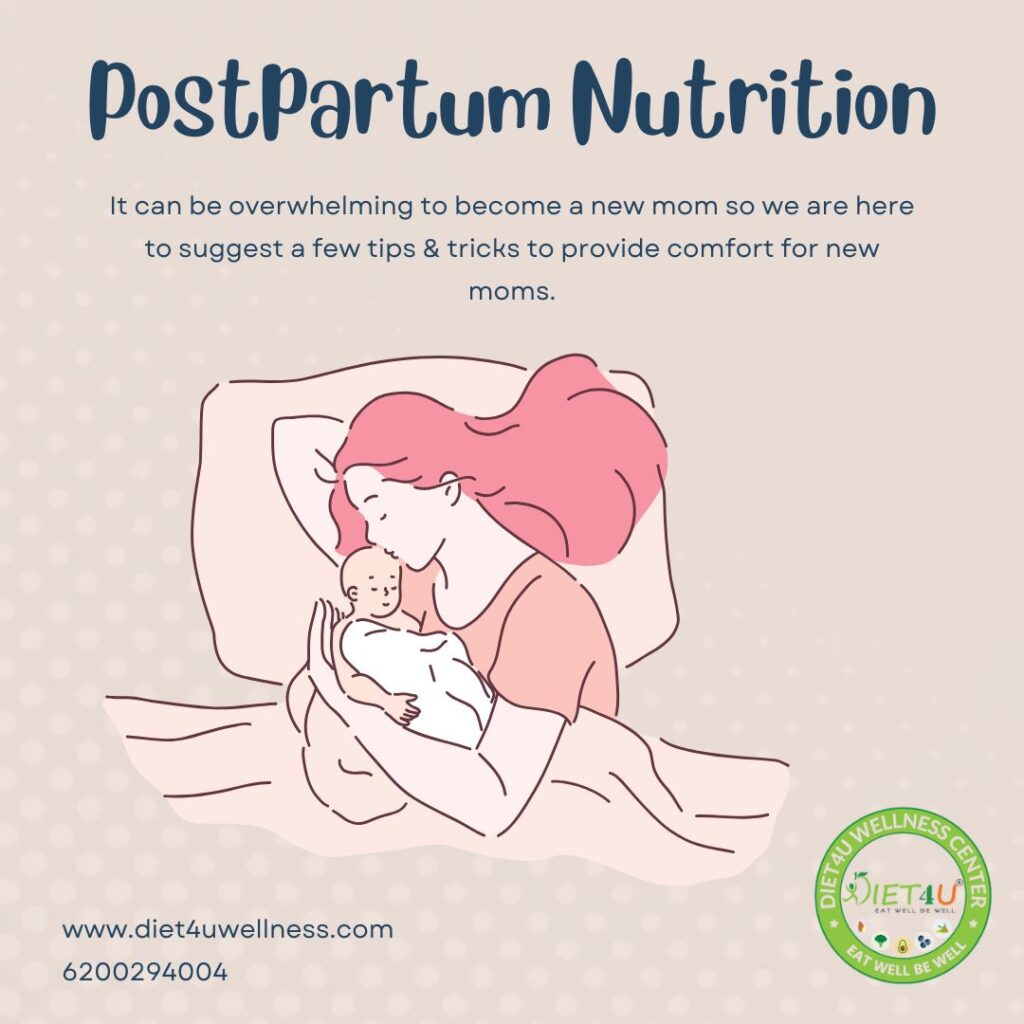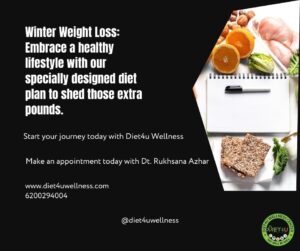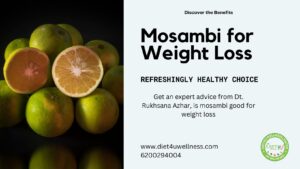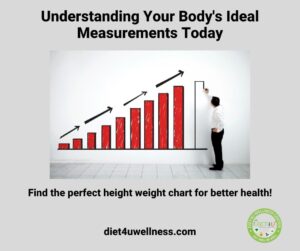
Understanding Postpartum: The Importance of Postpartum Nutrition for New Mothers
Table of Contents
- 1 Understanding Postpartum: The Importance of Postpartum Nutrition for New Mothers
Post-partum is the period in a new mother’s life, right after child birth. Medically, this period last for six weeks but could also last longer depending upon the mother’s physical and emotional health, following childbirth. During the time of pregnancy and post-partum, the mother undergoes several physical, emotional and mental health changes including hormonal imbalances, weight fluctuations and even frequent mood changes. All of these mentioned changes, are directly or indirectly driven by hormones in the mother’s body. To recover from this period of extreme distress and exhaustion, it is important to follow a nutritious diet for the breastfeeding mothers.
KEY GUIDELEINES FOR OPTIMUM POSTPARTUM NUTRITION DURING BREASTFEEDING
A mother during post-partum needs ample nutrition and care for a smooth sailing breastfeeding experience and to raise a healthy child. This article by DIET4UWELLNESS, lists down the tips to follow when a postpartum nutrition for breastfeeding mother, is concerned.
Adequate hydration
Regular breastfeeding can also need frequent hydration for the mother. Therefore, it is compulsory to include various modes of hydrating food items in their postpartum nutrition for breastfeeding mothers. Water is the simplest and best source for providing hydration. One could also opt for other sources like coconut water, and other fruit juices and smoothies.
Required vitamins & minerals
Some of the key vitamins and minerals to be included in a postpartum nutrition for breastfeeding mothers, are calcium, iron, folic acid and also vitamins like vitamin c, d and even b. Calcium is required as regular breastfeeding can lead to rapid calcium depletion form one’s inherent stores and fasten cases of osteoporosis. Therefore it is important to include calcium rich foods like milk and milk-derived food items, in their postpartum nutrition for breastfeeding mothers.
Increased calorie intake
Breastfeeding mothers needs a few extra calories to produces substantial amount of breast milk, to nurture their baby. According to dieticians, the recommended calorie intake should be around 450-500 extra calories per day.
Food supplements
There is a misnomer that supplement intake is just a waste of money and is rather a western influence. Eventhough, getting the nutrients and vitamins from the natural sources of food is better, but parallel consumption of medically certified supplements is equally potent and important for one’s well-being. New mothers should consult their OBGYN or dietician like Dt. Rukhsana Azhar and continue prenatal vitamins, folic acid to make sure they’re meeting their daily nutritional needs. Also, omega-3 fatty acid supplements, could also be a great source of healthy fats and should be included in postpartum nutrition for breastfeeding mothers, for those who mainly follow a vegetarian diet and do not consume fish.
Beware of food allergies
Food allergies are something which is under no-one’s control but can be contained by anti-histamine medications. But, a breastfeeding mother often are limited from consuming many daily medicines due to their impact on the quality of breastmilk production. Therefore, it is best to avoid suspicious food item which are often considered potent allergens like seafood.
Macro-micro nutrient balance
All the macro and micro nutrients should be balanced like the protein, carbohydrates, fats along with the very important micronutrients like vitamins and minerals. One should balance out all the nutrients, as per diet charts provided by a renowned dieticians like Dt. Rukhsana Azhar for proper nutrition for all the breastfeeding mothers.
Limit harmful substances
Some of the food items like caffeine present in energy drinks, health drinks, coffee and even tea are not the best option for pregnant and even lactating mothers. They should consult a board certified dietician like Dt. Rukhsana Azhar for getting the allowed dosage per day to avoid any jitteriness and affect the baby. Another thing is alcohol and tobacco, which is harmful even if someone is not pregnant or not. It can affect the quality of mother’s milk and deteriorate the bay’s health. New mothers should also avoid high-mercury fish, to avoid even any minimal chances of mercury poisoning. Along with all the required nutrition, avoidable substances should also be kept in mind for postpartum nutrition for breastfeeding mothers.
POSTPARTUM NUTRITON AND WEIGHT LOSS
Generally, most mothers are very tempted to lose weight as quickly as possible right after giving birth, but losing pregnancy weight, takes a considerable amount of time. And, all the new mothers should understand that, more than losing weight, it is more important to take care of their health and take care of the baby. Losing a huge amount of weight very fats, right after delivery, can be very detrimental, especially if done without medical intervention.
Due to the massive hormonal changes during postpartum and breastfeeding, one often sees a higher appetite during this brief period of breastfeeding, as it demands higher calories. Too must calorie restriction during this vital period of postpartum, can decrease one’s milk supply and also have other serious health effects.
Weight loss, post-delivery differs from one person to another. Some people tend to lose weight even during breastfeeding, but it does not apply to everyone. Losing round 0.5-1kg per week, through a combination of healthy eating, as per diet charts provided by renowned dieticians and brisk exercising, can be a good start.
FOODS TO INCLUDE IN A POSTPARTUM NUTRITION FOR BREASTFEEDING MOTHERS

Protein-rich food
Protein is very essential for one’s muscle building, tissue repair and brain development. Unlike popular belief, protein also aids in milk production in the mothers. Also protein takes longer to digest fully, hence it gives a feeling of being “full” for longer durations of times. Some of the excellent protein sources are meats like chicken, mutton, beef, paneer, tofu and also curd and Greek yoghurt.
Omega-3- fatty acids
It is a lactation-friendly food item, which helps in increased milk production in the mother. It also helps in baby’s brain development. The purest source omega-3-faty acids would be from the supplements. Also, one could opt for fatty fish like salmon and mackerel.
Vitamin D
It helps in calcium absorption from the body. No matter how much calcium one consumes, without proper vitamin D reserves in the body, the body will still have calcium deficiency. Some of the vitamin D rich foods would include eggs, mushrooms and fortified foods. And the greatest reserve of vitamin D is adequate sun exposure.
Iron-rich food
Iron is a very important mineral, which helps in recovery of the women after childbirth, also prevents with postpartum anaemia. Some of the iron-rich foods include leafy green vegetables like spinach, kale, leguminous vegetables like chickpeas, lentils. Also, one could consider consuming iron-fortified cereals as well.
Whole grains
Whole grains like complex carbohydrates provides a lot of energy and helps in digestion. Whole grain foods like oats, brown rice, quinoa, whole-wheat bread and also barley.
FOODS TO AVOID IN A POSTPARTUM NUTRITION FOR BREAS TFEEDING MOTHERS
It is generally considered to eat anything and everything postpartum, as they’ve already given birth. However, it is far from being absolutely true. It is true, that the baby is no more inside the mother’s body, but the baby is still dependant on mothers’ breastmilk for their soul nutrition. Hence, it is important for the mother to maintain a strict, healthy diet to make sure ample nutrients are present in their breastmilk, which could in-turn nourish the baby. Some food, taste and flavours tend to change the taste of the breastmilk, and can be disliked by the baby. The list of food items to be included for better and healthier breastmilk, has already been listed above, in this article. Therefore, it is important to include all those food items in the postpartum nutrition for breastfeeding mothers.
BREATSFEEDING FRIENDLY FOODS TO INCLUDE
This article has already discussed all the do’s and don’ts of a breastfeeding-friendly diet for a postpartum mother. Overall to conclude, a breastfeeding mother’s diet should include lactogenic food items like fenugreek, leafy green and lots of vitamin D supplements and calcium food items, to boost the milk production. Not only milk production, but a post-partum mother, herself needs to heal and recover from the gigantic changes that her body has recently gone through, For the recovery, protein-rich food is extremely important like milk, paneer, and lean meat options like chicken and fish. Post-partum mothers should also opt for easy to digest food items like smoothies, soups and salads, to avoid any digestive or bloating issue. Whole grains like quinoa, oats and brown rice would help in providing the lost energy, to the mother and help her to take care of the new-born. And lastly, hydration is the key, therefore the mothers should remember to hydrate themselves by drinking lots and lots of water. They can also replenish their water reserves by consuming juices, smoothies, soups and also fleshy fruits like watermelon, lemons etc.
FAQ’S Related To Postpartum Nutrition
- Can one follow a vegetarian diet while breastfeeding?
This article follows a postpartum diet for all the breastfeeding mother, and to make their lives a bit easier. Protein is one of the most important macronutrient needed during this lactation period. Now, when a vegetarian diet is considered, protein is the biggest problem. Vegetarians often tend to miss out on the amount of daily protein needs.
However, a well-planned vegetarian diet by a renowned dietician like Dy. Rukhsana Azhar, can provide all the necessary nutrients. The diet should particularly have iron, calcium and vitamins like vitamin c, d and b. Also, it is best to take dietary supplements like folic acid and DHA, dosage as per prescribed by the dieticians in their postpartum nutrition for the breastfeeding mothers.
- How to understand if the baby is getting enough nutrients from the breast milk?
Signs that the infant is receiving adequate nutrients from the mother’s postpartum nutrition would include regular, healthy weight gain and a feeling of being satisfied after every meal.
-
Are there any food items to be included in a postpartum nutrition for breastfeeding mothers, to increase the milk production?
Yes. As per ancient Indian dietary practices, there are a few food items which can be included in a postpartum nutrition for breastfeeding mothers, which can increase breastmilk production. Foods like galactogens, has shown to increase the milk production. Galactogens are present in foods like oats, flaxseeds and fenugreek.
-
Can a postpartum nutrition for breastfeeding mothers, affect one’s breast milk supply?
Not necessarily. Women can provide sufficient milk even without following any particular diet, as such. However, as per dieticians, it is better to follow a specific postpartum nutrition for breastfeeding mothers. Most women tend to channelize their entire time, taking care of their new born, therefore they often tend to have a diet lacking enough nutrients.

Hello My Name is Dt. Ruksana Azhar and I am a certified dietician and providing online & offline services for Weight Management, PCOS/PCOD Management, Diabetes Management , etc. I have 12+ years of experience in the Apollo Hospital Delhi , Max Super Specialty Hospital Delhi, Lilavati Hospital Mumbai and VLCC healthcare Mumbai. I loves to write healthcare and lifestyle related blog. My favorite part of being a doctor is the opportunity to directly improve the health and wellbeing of my patients and to develop professional and personal relationships with them.



